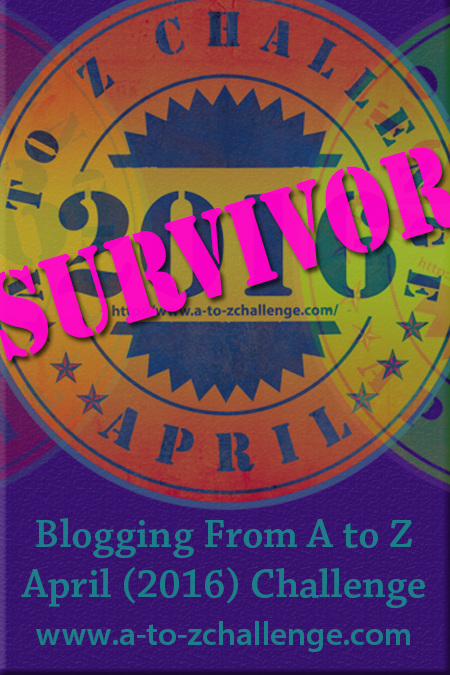We left Bligh Cove this morning and made our way over to Friendly Cove on Nootka Island. As far as anchorages go, it’s not great. The holding is good in sand in mud, but it’s shallow and you’re exposed to the swell from the east as well as the wake of passing boats. What it is, however, is historic and home to one of the remaining manned lighthouses in North America.
The official name of Friendly Cove is Yuquot, which means “four winds” or “where the wind blows in four directions”, and it’s the ancestral summer home to the Mowachaht/Muchalaht First Nations people who have resided in the area for thousands of years. But leave it to the Europeansto ignore that fact: Captain James Cook claimed the land for Britain in 1778 and the Spanish subsequently took control of Nootka Sound in 1789, resulting inthe capture of British ships which almost led to war between the two countries but was avoided by the signing of the Nootka Convention in 1790, placing the area back under British rule.
Chief Maquinna
Once the site of the greatest whaling community in North America and home to more than 1500 summer residents, Europeans introduced disease and the population was reduced to one-tenth that size by 1900. Today there are only two families remaining and Jordan, the summer caretaker. After visiting with him a bit and learning more about Friendly Cove, we walked along a cliff overlooking the Pacific and a beautiful, pebbled beach to see the Welcome Pole of Chief Maquinna, a powerful chief during the height of the European fur trade, before visiting the Catholic Church.
The church at Friendly Cove
Houseposts at the entrance to the church
A stained glass depiction of the signing of the Nootka Convention
Now a culture site and museum, it’s there that we learned about the Whaler’s Shrine. Originally located on an island in a nearby lake, which is now forbidden, a shaman built a shrine where purification rituals and prayers were conducted in secret to help bring whales to the people. The “exhibit” of 92 carved wooden figures, sixteen human skulls and the wooden shelter has great historical and cultural value but has been held in storage at the American Museum of Natural History in New York for more than 100 years.
According to some, the shrine was stolen. Other say it was purchased. Either way, the artifacts remain in the basement of the museum and there’s a continuing debate as to whether or not to exhibit them. The band is trying to repatriate the shrine but have yet to build the facility to house the treasure. Plans for a cultural center (including a museum and long house) were drawn up years ago but, unfortunately, no progress has been made.
Walking along the causeway the connects Nootka and San Rafael Islands
From the church, we walked down to the causeway which connects Nootka and San Rafael Islands to visit the lighthouse where we talked to one of the keepers, Joanne, and her dog, Lucy. The government has proposed automating the lights, but pressure from the Canadian Lightkeepers Association has kept them open. Although it’s the more expensive option, there are some real benefits to mariners . . . and the government: Keepers maintain the properties, deliver current weather reports several times a day, and provide search and rescue aid when required, to name just a few. In fact, Joanne and her husband performed three rescues this weekend alone but, in all fairness, they had to help the same boat twice.
Nootka Light
Back aboard Cambria, the conditions were settled enough that we're able to spend the night in Friendly Cove, in the shadow of Nootka Light. On shore, the local First Nations band is holding their annual Summerfest, a time when they come together for a salmon barbeque and campout on their ancestral grounds. There was a wedding last night and the bride was delivered by way of a traditional war canoe, and the celebrations continued until the early hours of the morning. But tonight, it’s much quieter. The mist is lightly falling and there’s only the sound of a muffled drumbeat coming from shore: A fitting ending to the day.
















0 comments